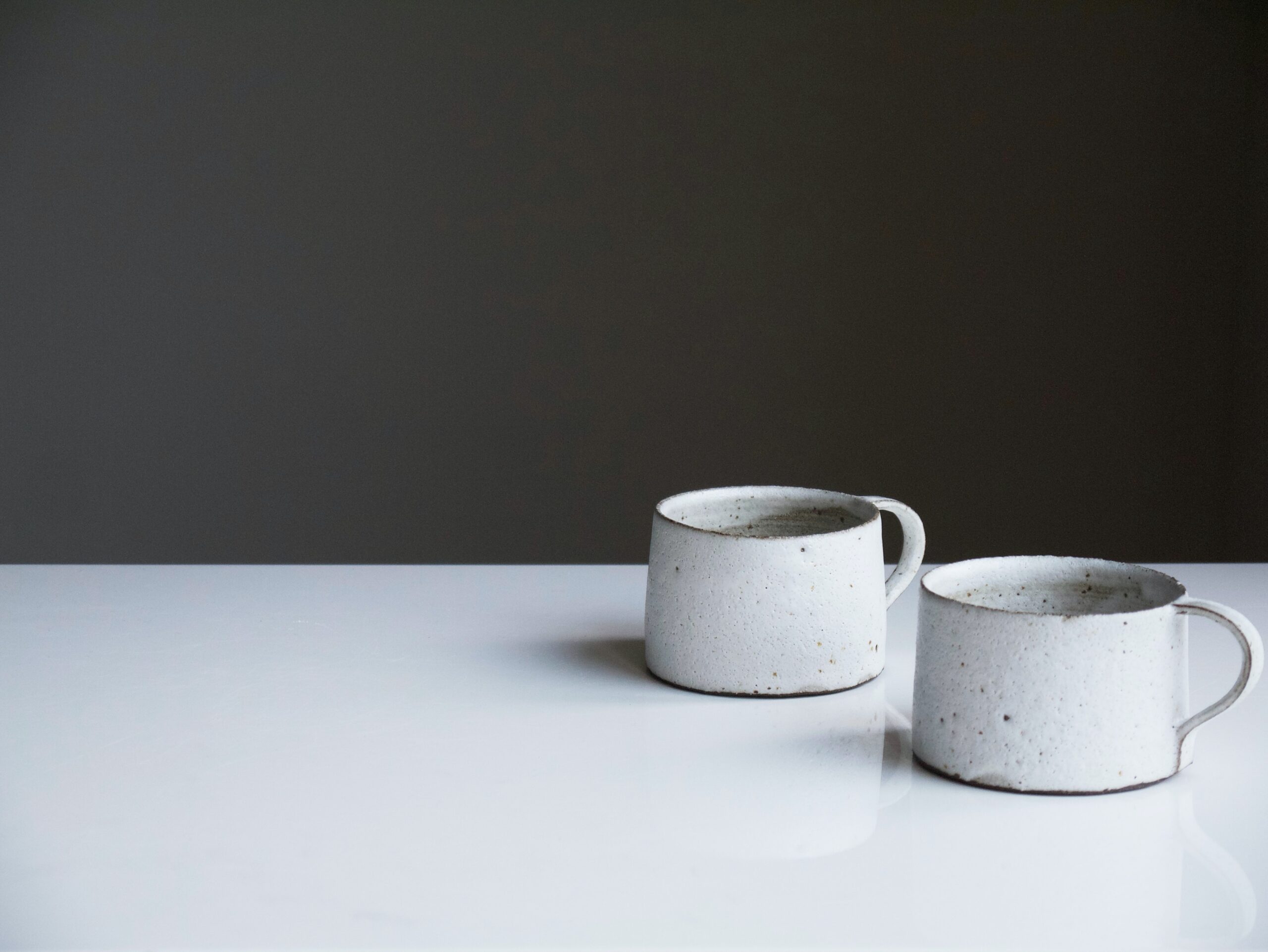By Leslie Clark, PRCC Executive Director
There is no one pathway to recovery.
Unless you’re talking about what got you there in the first place—waking up in jail, a trip to the emergency room, an ultimatum from your boss or your life partner—recovery is not a destination. It’s a life-long journey and the gifts are in the journey itself. That’s why we distinguish the pathways of recovery from pathways to recovery.
Each person’s pathway of recovery is uniquely their own and fortunately there are so many ways to explore and discover what works for them.
Until a few years ago, I thought of “recovery” as synonymous with Alcoholics Anonymous and other 12-step programs, such as Narcotics Anonymous. I had never heard of the concept of multiple pathways. On any given day in a recovery community center, someone might go to an A.A. meeting and then taking a recovery yoga class. Or perhaps they attend a meeting of Recovery Dharma and then meet one-one with a peer recovery coach. Or, they could decide to start a support group to address an unmet need, like Dads in Recovery. There are so many choices and rich offerings. And the best part is that people don’t have to choose just one.
Recovery community centers provide a home for people to explore and discover multiple pathways of recovery, including individualized peer support services and social activities. Some people may choose to use medication as a tool. Some may seek strategies to reduce risk and prevent harm. The most common mutual aid pathways of recovery include All Recovery meetings, 12-step meetings, Life Ring, SMART, Wellbriety, Recovery Dharma, Natural Recovery, and Celebrate Recovery.
At the heart of all of these is finding a new way of life, connecting with peers, learning from others, and growing psychologically and emotionally.
Originally published in Journey Magazine. Reprinted with permission.

